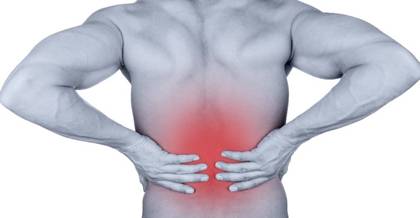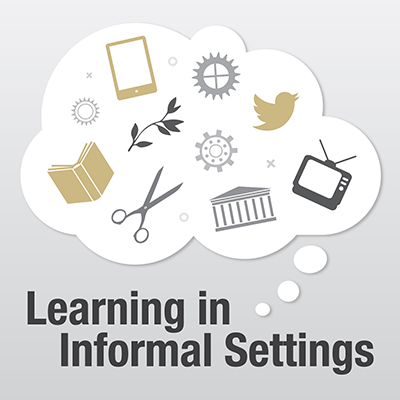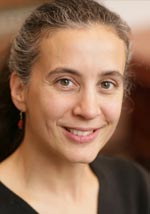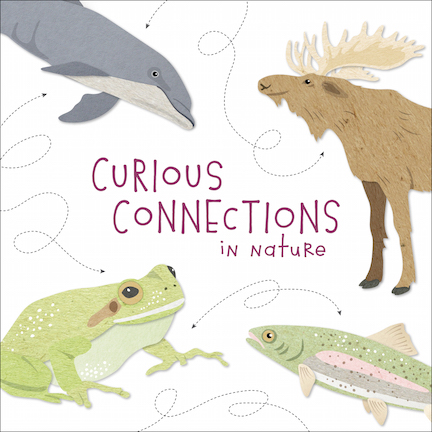McClanahan Lecture to explore classical rhetoric in 'Julius Caesar'
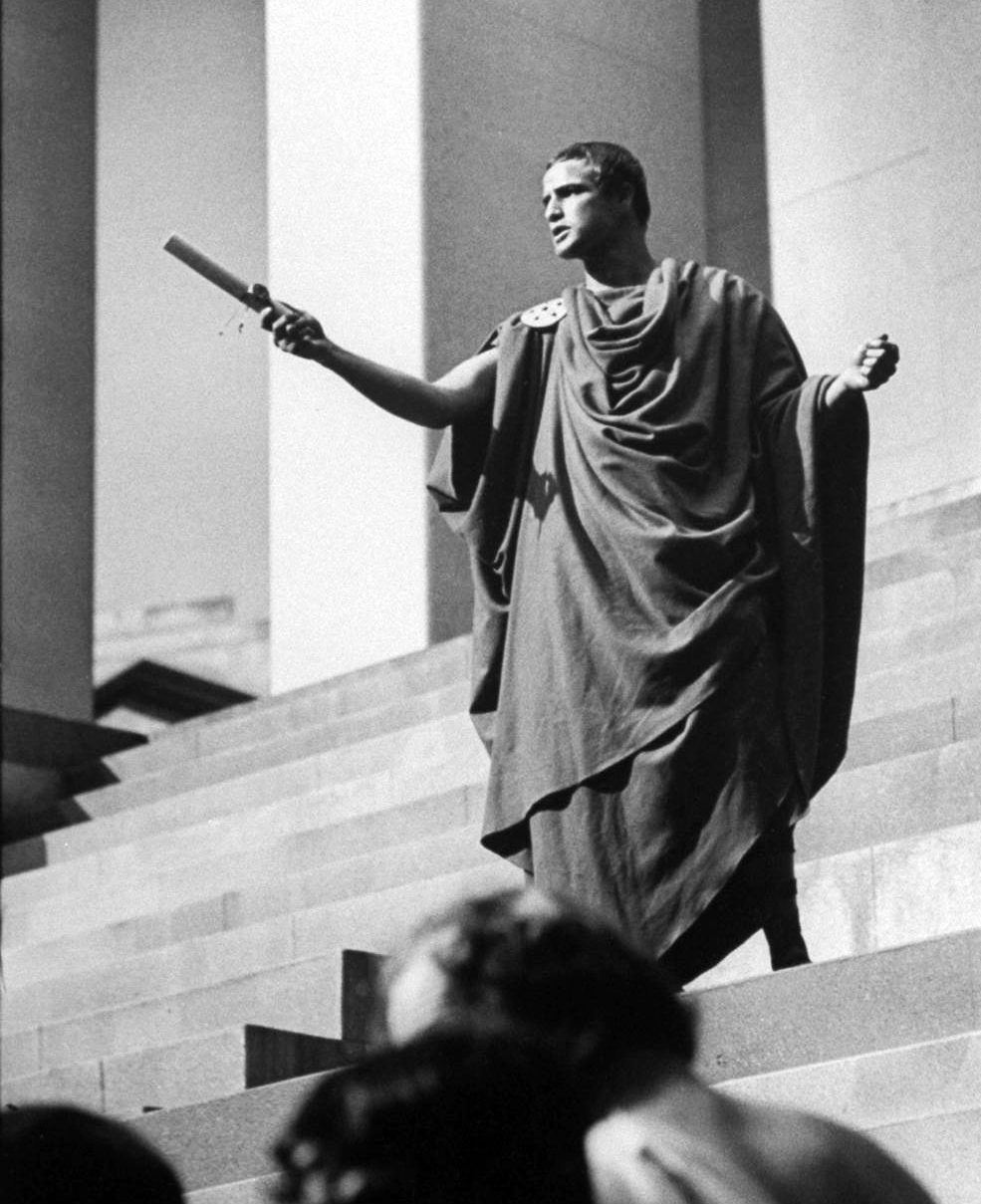
McClanahan Lecture: "Classical Rhetoric in Shakespeare's Julius Caesar" by Tyler Lansford
Among Shakespeare’s Roman plays, Julius Caesar is arguably the most Roman in both substance and form: Not only is the title character Rome’s premier imperialist, the very language breathes a uniquely authentic Roman atmosphere. A characteristic aspect of this Romanitas or ‘Roman-ness’ is the central importance of public eloquence: In true Roman fashion, it is persuasive speech that carries the day ("Friends, Romans, countrymen, lend me your ears!").
This talk explores the manner in which the ars rhetorica of Aristotle, Cicero and Quintilian pervades and animates Shakespeare’s searching meditation on the justice of tyrannicide.
Lansford (PhD, University of Washington) is an instructor in the Department of Classics. Rhetorical demonstrations will be provided by Andy Walker, who played Decius Brutus/Pindarus in the Colorado Shakespeare Festival’s 2017 production of Julius Caesar.
Sponsored by Mary E.V. McClanahan and the Department of Classics. Parking is available just north of Eaton Humanities at 1610 Pleasant St.
Wednesday, Nov. 29, 7 p.m.
Eaton Humanities, room 150



